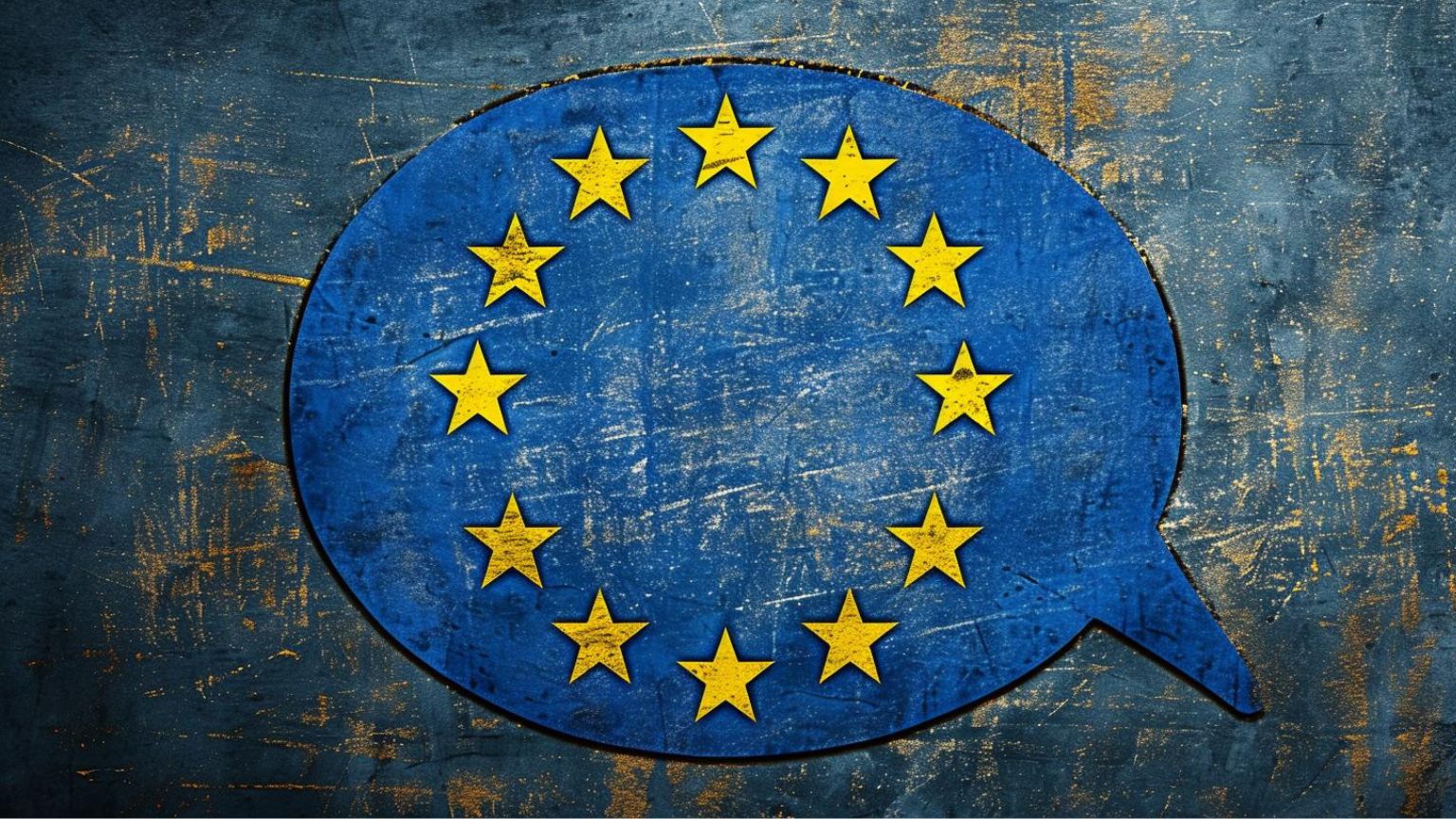As part of the growing support for censorship within the EU, the EU Parliament has cast their votes for a resolution, regarding making so-called “hate speech” a crime throughout the Union. The decision, which critics have likened to Orwell’s “Big Brother,” is set to redefine the landscape of freedom of speech within the European Union.
The move has garnered substantial attention due to its potential impact on individual liberties. Critics argue that this could lead to overreach and the suppression of free speech. Yet, the EU Parliament remains firm in its stance, asserting that this radical change is a crucial step in combating hate and is plowing ahead.
Before the resolution, Maite Pagazaurtundúa (Spain), rapporteur for the report and Member of the Committee on Civil Liberties, Justice and Home Affairs, said:
“The current EU legal framework only covers hate speech and hate crimes on some bases, but there is currently no common, comprehensive legal definition at Union level. With the new social dynamics, the normalization of hate evolves very quickly and we must protect ourselves as a society and protect people who are attacked, persecuted, and harassed.
Radical networks and extreme polarization are a favorable environment for increasing these behaviors that violate fundamental rights. With this report we ask the Council to give the green light to legislate against hate crime and hate speeches in European terms, always in accordance with the principle of proportionality and guaranteeing freedom of expression for citizens.”
From The European Conservative:
“The document lays down two primary goals: including hate speech among the EU crimes specified in Article 83(1) TFEU which lists “particularly serious crime[s] with cross-border dimensions”—such as terrorism, human trafficking, drug and arms trafficking, money laundering, and organized crime—and are subject to EU-wide minimum rules regarding definitions and penalties. According to the official explanation, hate speech deserves the same label because it’s so serious that not only affects an individual or a community “but also society as a whole, by undermining the foundations of the EU,” while social media instantly gives it a “cross-border dimension” as well.
“The second goal underscored in the resolution is to extend the definition of hate speech and hate crimes to cover several additional victim categories. Currently, EU laws define them as hatred only toward a specific race, skin color, religion, nationality, or ethnicity, which leftist lawmakers argued is not nearly enough in today’s world.
“Therefore, the document calls for extending the definition to ‘sex, sexual orientation, gender, gender identity, gender expression, sex characteristics, age, disability and any other fundamental characteristic.’ Absent an objective definition, it’s easy to imagine the last one functioning as a blank check to cover whatever anyone might be offended by.”






















